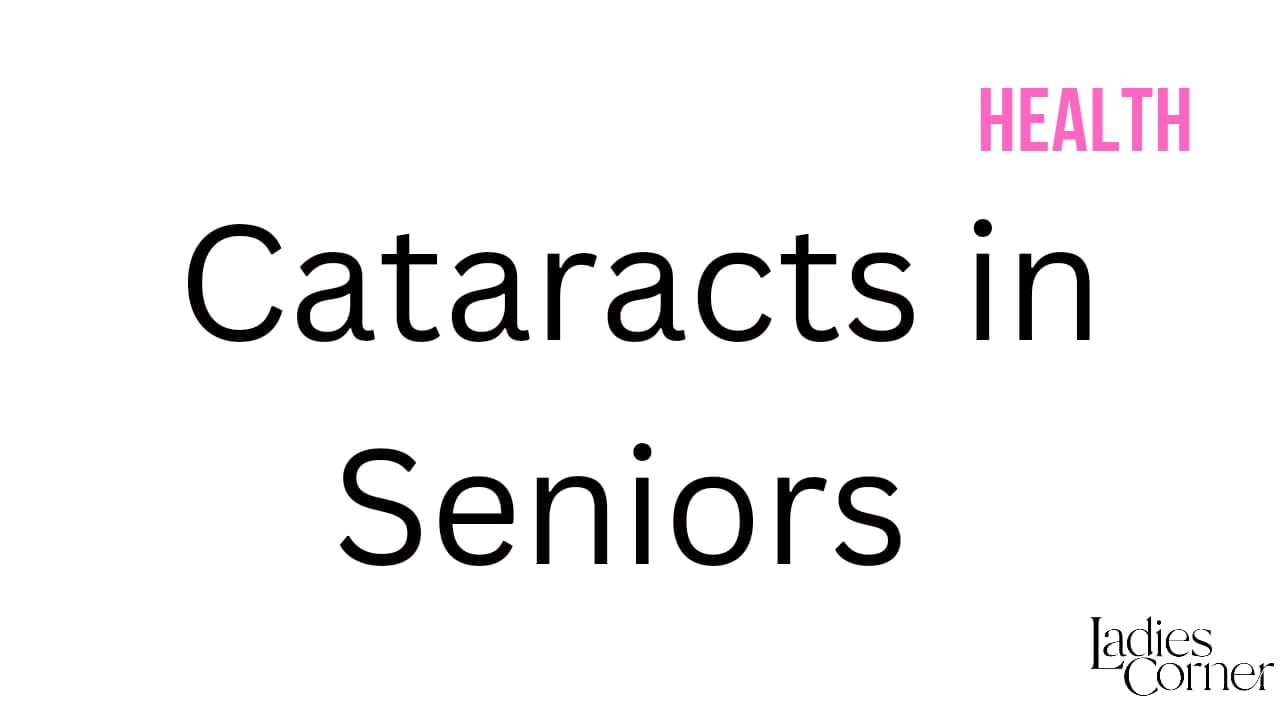
Women and the Perception of Weakness
The Scars We Carry: Women and the Perception of Weakness
Monica Bassili
Seven long and difficult years of my life included one common trade: pizza making. Since I was fourteen, I worked at varying pizzerias and restaurants as a cook. By far, this position was the most physically and mentally challenging which I will ever experience. I learnt an immense amount by working at a restaurant, from time management to conflict resolution, yet, one constant reminder of my cook experience remains – scars. Of course, seven years alongside a large-scale pizza oven, grill, and fryer includes the necessity of minor burns and scratches.
With too many to count, I continue to work and study, carrying with me the scars of the past. Manual labour results in sore backs and achy legs, but visible scars on a woman’s body evoke surprising reactions. Despite my pride in my work, my parents met me with comments like: “Is there no cream that you can buy for those scars?” It is simply not ladylike to have visible scars, not professional, not presentable, and certainly not appropriate in the presence of men.
After this experience, I considered why I felt guilty and ashamed for working hard, making my way, funding a livelihood and education I always aspired to achieve. However, I was never aware that my dedication and hard work, even if it were only at a restaurant, would equate to damage or weakness on my part. In stepping back, it is crucial to understand where these understandings emerged from and how society began labelling scars for women as accidents when men assumed to arise from fights.
For men, scars are often considered positive and can enhance attractiveness. By looking rugged, men provoke impressions of strength and fortitude, sentiments seldom attributed to women. In comparison, scars for women are rarely reinforced in any form of media or entertainment. As a result, society has the perception that women are elegantly scar-free. Women’s scarring is viewed negatively and reinforces misinformed stereotypes about carelessness, recklessness, and diminished self-worth.
Gendered social anxieties about women with scars become clearer when contrasted by the perceptions of men. It is incredibly misinformed to assume that a man’s scars indicate endurance and pain, whereas a woman’s scars are problematic and should be rectified.
Psychological and gendered narratives concerning scarring are significant in analyzing women’s experiences with visible scars. Although unconscious bias plays a part, it is vital to become aware of these differences in perception and understand them within gender. After all, the body is the first and primary form of expression; body language is critical in first impressions. These overarching perceptions frame all interactions, and uncovering unconscious biases facilitates greater understanding.
Pain is part of what it means to be human, meaning scars are the continued reflections of ourselves and our interactions in the world. Scars often symbolize that life is defined by pain and suffering – yet simultaneously providing the opportunity for resilience and strength. As a result, shifting the narrative from careless and weak to powerful equalizes the perception of scars on women and eliminates social bias.
Be proud. Be honest. Share your truth.
As human beings, we are defined by the visual representations of our endurance. Therefore, scars are not a burden but a true reflection of our life experiences.
Monica Bassili is a fourth-year University of Alberta student double majoring in Political Science and Human Geography and Planning. Monica has been active within her community since grade school and has dedicated her work to benefiting the public good. Furthermore, Monica is working towards three certificates: international learning, sustainability, and Indigenous governance and perspectives. In this way, Monica is able to understand systemic issues in depth and develop intercultural communication skills that serve to facilitate projects in and around Edmonton. Monica’s focus is on public service and specifically, developing tools that serve underrepresented communities and individuals in need.
She writes a weekly column for LCCMedia.





